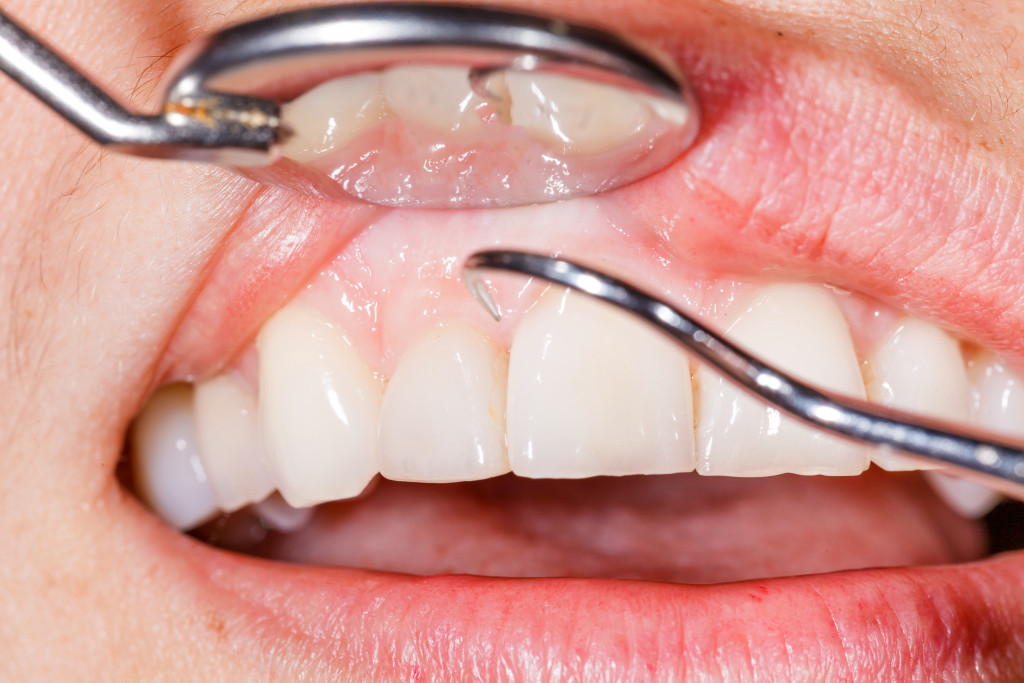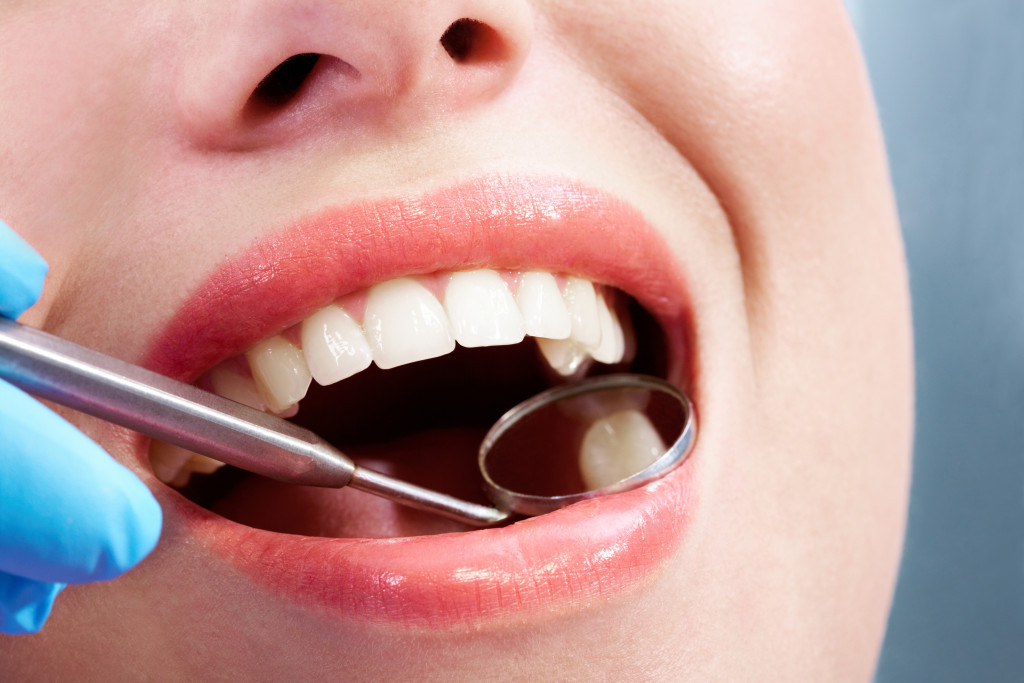- Aging increases susceptibility to dental problems such as gum disease, tooth decay, and missing teeth.
- Early detection and treatment of these issues can prevent serious complications, making it necessary to prioritize.
- Maintaining good oral hygiene and regular dental check-ups are crucial preventive measures.
- Dental prosthetics and implants can mitigate the effects of missing teeth and maintain oral health.
As individuals age, dental health becomes increasingly compromised due to many factors. Physiological changes, such as decreased saliva production and the deterioration of oral tissues, can exacerbate dental issues. Additionally, certain medications often taken by older adults can negatively impact oral health. According to the Centers for Disease Control and Prevention (CDC), 68% of adults aged 65 and older have gum disease, and 20% have untreated tooth decay. Moreover, the National Institute of Dental and Craniofacial Research reports that oral and throat cancers are most likely to occur in people over the age of 65, underscoring the essential need for regular dental check-ups and preventative care.
However, there might not be noticeable symptoms for these dental problems until the disease has progressed, making it essential to be proactive in monitoring and addressing potential issues. Here are a few common dental problems to watch out for as you age.
Gum Disease
Gum disease, or periodontal disease, is an infection of the gums that support your teeth. It’s one of the main causes of tooth loss in adults and has two stages – gingivitis (mild) and periodontitis (severe). Older adults are particularly susceptible due to the natural aging process, coupled with years of plaque build-up if oral hygiene hasn’t been optimal.
Tooth Loss
Severe gum disease can destroy the gum tissue and bone that hold your teeth in place, leading to tooth loss. Tooth loss can impact your ability to chew and digest food properly, potentially leading to nutritional deficiencies.
Heart Disease
There’s a proven link between gum disease and heart disease. Oral bacteria can enter the bloodstream through inflamed gums and cause inflammation in the blood vessels, increasing the risk of heart disease.
Diabetes
Gum disease can make it harder to control your blood sugar, leading to complications with diabetes. Conversely, diabetes can make you more susceptible to infections, including gum disease. Diabetes and gum disease can create a vicious cycle, impacting your overall health.
Dry Mouth
Dry mouth, or xerostomia, is a common side effect of many medications taken by older adults. Saliva is essential in preventing bacteria and plaque build-up in the mouth, making those with dry mouths more prone to dental issues.
Pneumonia
Older adults, especially those with compromised immune systems, risk inhaling bacteria from infected gums and teeth into their lungs, leading to pneumonia or other respiratory diseases.
Gum disease can open the door to other health complications, making it crucial to catch and treat early through regular dental check-ups. You can also prevent gum disease by practicing good oral hygiene habits and avoiding smoking and excessive alcohol consumption.
Tooth Decay
Tooth decay is another common problem among aging adults. Left untreated, tooth decay can drive the need for a root canal procedure or even result in tooth loss. The decay process involves the tooth’s enamel being worn down over time by acids produced by bacteria in the mouth. Symptoms to watch for include tooth sensitivity, pain when biting down, visible holes or pits in the teeth, and occasional toothache.
Preventing tooth decay involves maintaining a strict oral hygiene routine, which includes brushing at least twice a day with fluoride toothpaste, flossing daily, and regular cleanings and check-ups with a dentist. A diet low in sugary and acidic foods and drinks can also help to prevent tooth decay.
If tooth decay has already set in, it’s essential to seek immediate dental treatment. A dentist may be able to treat the decay with a filling if it’s caught early enough. But if the decay has reached the tooth’s pulp or caused an infection, a root canal procedure may be necessary. During this procedure, the dentist will remove the decayed pulp, clean and shape the inside of the root canal, then fill and seal the space to prevent further decay.
In more severe cases, tooth extraction and replacement with a dental implant may be necessary. Hence, early detection and treatment of tooth decay is crucial in preventing more serious dental problems and maintaining oral health.
Missing Teeth
As people age, missing teeth become a common issue. This often results from several factors, including gum disease, tooth decay, and injury. Natural aging processes can weaken the structures that support teeth, leading to tooth loss. Additionally, poor dental hygiene over the years can accelerate tooth decay and gum disease, ultimately causing teeth to fall out.
When you have missing teeth, it’s essential to consider the following:
- Prosthetics: Dental prosthetics like bridges, dentures, or implants can replace missing teeth, helping to restore your smile and improve chewing and speaking abilities. Implants, in particular, offer a permanent solution as they are surgically placed in the jawbone.
- Bone Loss Prevention: Missing teeth can lead to bone loss in the jaw over time. Dental implants can stimulate bone growth and prevent the potentially severe dental issue.
- Oral Hygiene: Good oral hygiene remains crucial even if you have missing teeth. Regularly brushing and flossing can help protect your remaining natural teeth and gums.
- Regular Dental Check-ups: Regular visits to the dentist can help monitor the health of your remaining teeth and gums and ensure that any prosthetics are in good condition.
Remember, it’s never too late to improve your oral health. Even if you’ve lost teeth, there are several solutions available to help restore your smile and maintain your overall oral health.
Final Thoughts
As individuals age, dental health should remain a top priority. Gum disease, tooth decay, and missing teeth are common issues among older adults that can lead to severe complications if left untreated. By understanding these potential problems and taking preventative measures, such as practicing good oral hygiene and regularly visiting the dentist, aging individuals can maintain their oral health and overall well-being. Remember, it’s never too late to take care of your teeth and smile.


